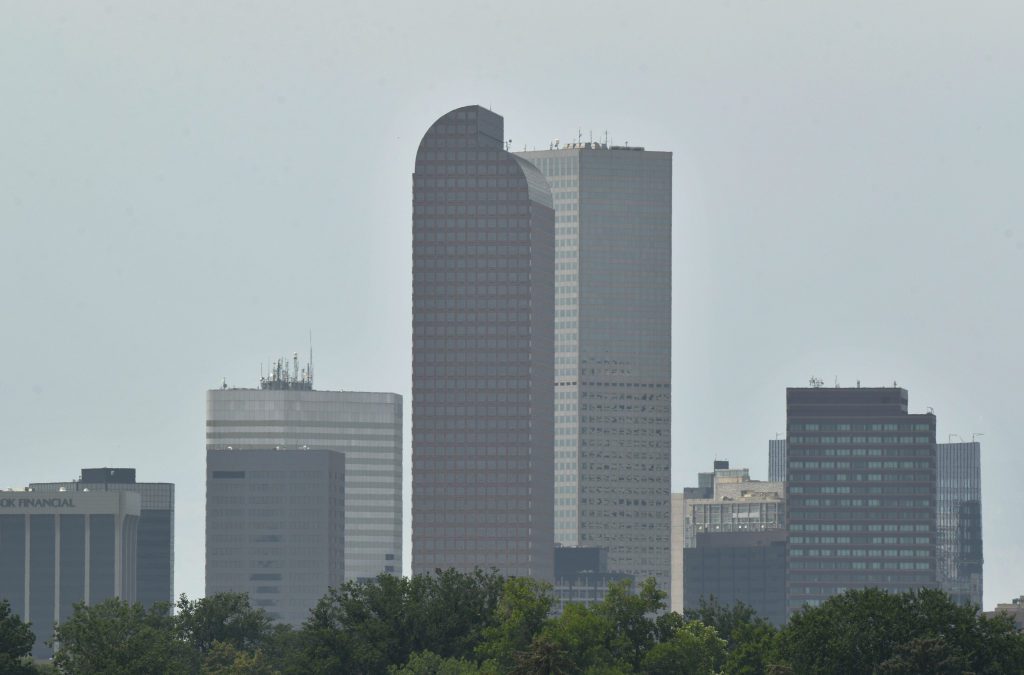Employers and workers are engaged in a tug of war over the future of remote work and the northern Front Range could benefit if workers get the upper hand, according to a presentation Thursday by The Conference Board.
“People are already moving and they will continue to move away from their offices and from city centers and to the outskirts and beyond,” said Gad Levanon, head of the Labor Market Institute at The Conference Board. “We are talking about several millions of people in the next decade. Some areas will gain population and some areas will lose.”
There is a “spectrum of certainty” around remote work that will influence how willing workers are to relocate and how far away they will move, said Adam Ozimek, chief economist with Upwork, a platform for freelance and remote workers.
If employers clearly state that remote work arrangements are temporary, that will quash thoughts of relocating. If employers adopt a hybrid arrangement, asking people to show up a couple of days a week, then some workers will be more inclined to move further out where land and homes are cheaper, but within driving distance of the office. That is the most common pattern in play right now.
But if enough employers allow their workers to go fully remote, expect a great migration to more affordable areas. Depending on the industry and its labor shortages, holdouts who demand cheeks in seats every day of the workweek can expect a great resignation.
“As the remote work economy develops and workers feel like they have more choices, it will make moves more compelling, moves to the kind of places where people want to move,” said Ozimek. “If everyone else is allowing remote work, you won’t have the power to boss them (employees) around.”
Over one-third of employers surveyed by The Conference Board expect that 40% or more of their employees will work primarily remotely post-pandemic, versus only 5% who allowed that arrangement before the pandemic.
About a quarter of organizations said they were willing to hire fully remote workers based in the U.S. and 7% would hire globally. Only 13% said they wouldn’t hire remote workers, compared to nearly half taking that stance before the pandemic, according to the survey.
Remote work isn’t possible in a variety of fields, such as healthcare, foodservice and education. And adoption rates varied, with employers offering it more frequently in Pacific Coast and northeastern states during the pandemic, and less so in the interior states.
Colorado stands out among interior states, with a relatively high share of remote work. It is also a place where workers from more expensive areas were already moving to.
Of the 20 best cities for working remotely, two are in Colorado — Fort Collins and Boulder, according to a ranking by Commercial Cafe. And Denver is also attracting more attention from tech startups, with 2.3% listing it as the place where they would have the best chance of success.
One thing the pandemic has done is shake loose the grip that the Bay Area has had, according to a survey from Kim Mai Cutler. Prior to the pandemic, four in 10 tech execs said the Bay area was the place to be and only 6% favored a remote arrangement. Now four in 10 favor a remote arrangement and they are more open to alternative cities like Denver, Miami, Atlanta and Chicago.
This content was originally published here.

